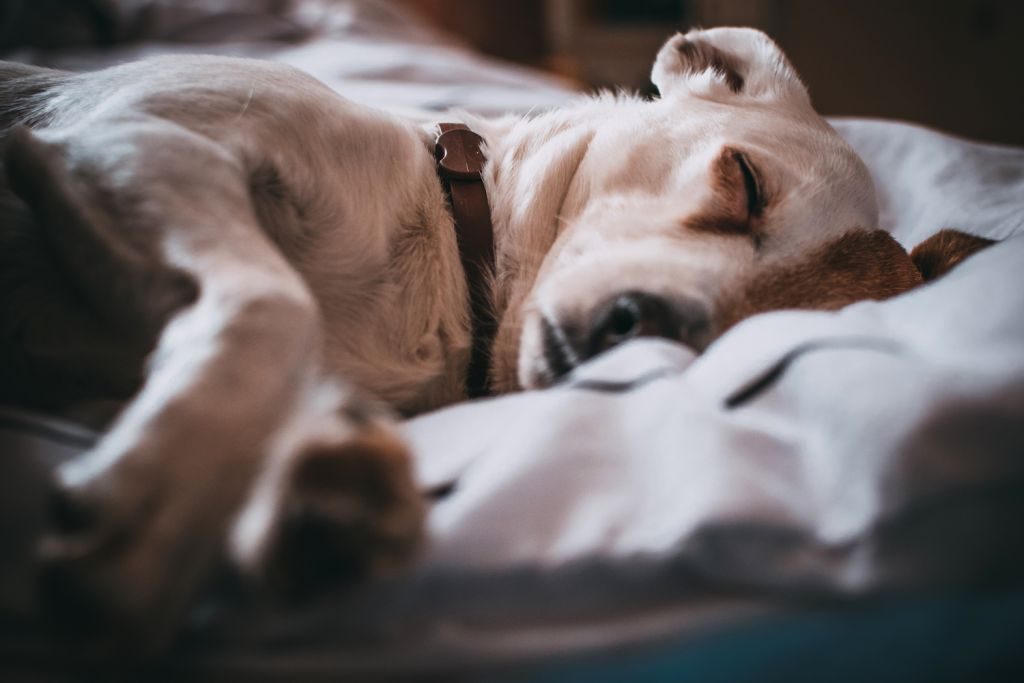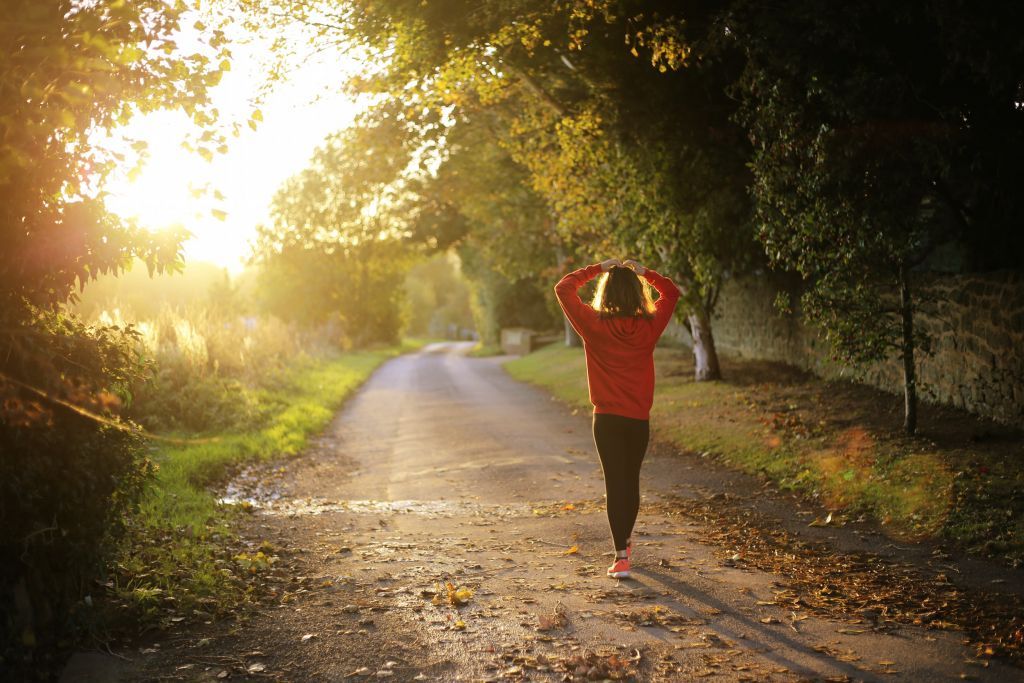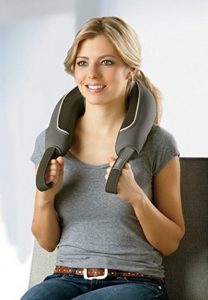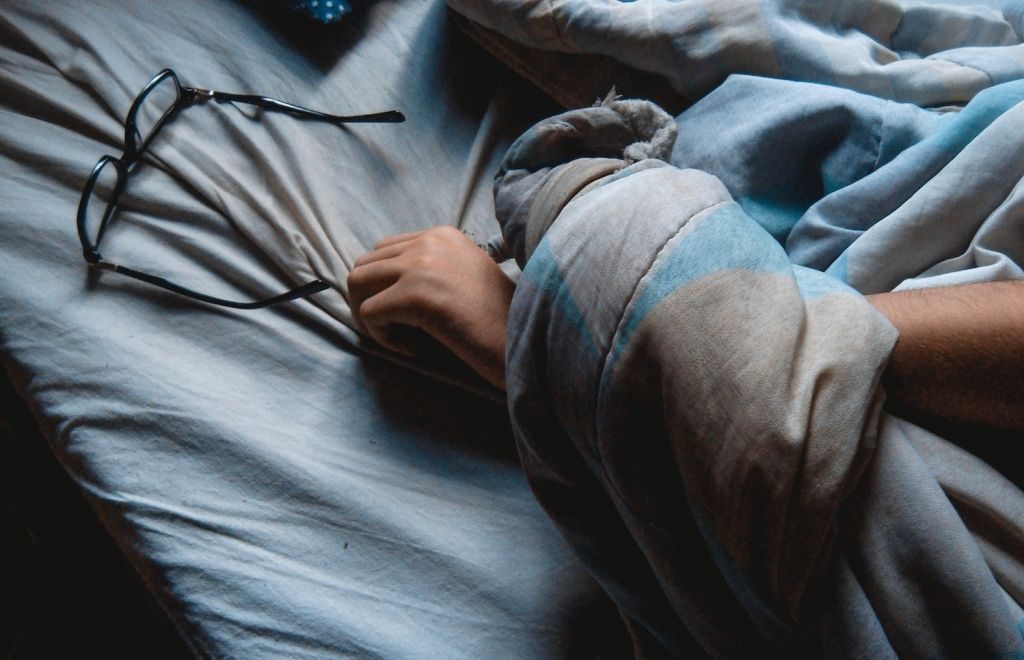
If you’re of a certain age, there’s a good chance you wake up much earlier than you used to, or wake up frequently in the night. But should these common sleep behaviours be of concern? Well, yes. It’s actually a common misconception that sleep needs decline with age. In fact, research shows that our sleep needs remain constant throughout adulthood. So, what’s keeping you awake? And what can be done to help you get the 7-9 hours of that glorious, healthy sleep you really need?
Increase Mental Stimulation
One of the newest discoveries about sleep is that increased mental stimulation during awake hours can encourage deeper sleep. Because retirees and seniors tend to have more downtime than younger adults, they likely have decreased cognitive stimulation.
It’s actually a cycle: the more we stimulate our intellect when awake, the better we sleep; and the better we sleep, the more we remember, and the better we learn.
So, do your best to keep your mind active: volunteer, take a walk in a new neighbourhood, go to a museum, learn a new skill, spend time with friends and family — anything that gets you out of a boring, repetitive routine will challenge your brain.
Regulate Circadian Rhythms
Another discovery in the science of sleep is something called advanced sleep phase syndrome. As you age, you may find yourself getting sleepy earlier and earlier in the day, prompting you to go to bed earlier. The earlier you fall asleep, the earlier you wake up, and the cycle continues. Earlier wake up times can also lead to increased napping, which can have an even greater effect on sleep quality.
Doctors don’t really know why this happens as we age, but they do know that sticking to a regular bedtime and avoiding long naps can help regulate your sleep rhythms.
Exposure to bright light can also help tell your body when it’s time to be awake and when it’s time to sleep, so make an effort to get outside in the sun every day (late afternoon is best), or talk to your London Drugs pharmacist to see if a light therapy device would be right for you.
Treat Snoring and Sleep Apnea
Snoring and sleep apnea can wake you up multiple times per night and disrupt your REM cycles (the deepest and most restorative part of your sleep cycle). These problems become more common as we age, but there are things that can be done to prevent them.
If you snore or stop breathing while you sleep, be sure to see your doctor about solutions, which can include a custom pillow, decongestants, weight loss, or even a breathing mask that helps to open up airways. Learn more about snoring and sleep apnea.
Address Overall Health Problems
Many health issues also contribute to sleep deprivation. Chronic pain, restless leg syndrome, depression, and dementia are all common conditions for seniors and can affect quality of sleep. Consult with your doctor about the right treatment for any issues, and adjust medication to effectively treat disruptive symptoms.
One thing to keep in mind when talking to your doctor is that some medications can actually keep you awake at night, so make sure she knows about all the medications you are currently taking and ask for suggestions about optimal timing and dosage to preserve your sleep.
Consider the Effects of Menopause
Sleep issues can effect men and women differently, and menopause specifically affects women’s sleep. If you were ever pregnant, you’ll remember that those hormones can radically affect your sleep patterns, and the same goes for menopause.
When talking to your doctor about menopause symptoms, don’t forget to mention sleep troubles so he can help you find the best treatment for all of your symptoms.
Manage Life Changes
Even if you’re retired and the kids have moved out doesn’t mean that your stress is gone. Health issues, financial problems, or the death of a loved one cause stress, and that can make it hard to sleep. Don’t struggle alone: talk to a friend or family member, a counsellor or your family doctor about help for managing stress. Other things you can do to help with stress are gentle yoga, tai chi, meditation, creative hobbies, journaling, and deep breathing exercises. Make time for yourself every day to take care of your mental health as well as your physical health.
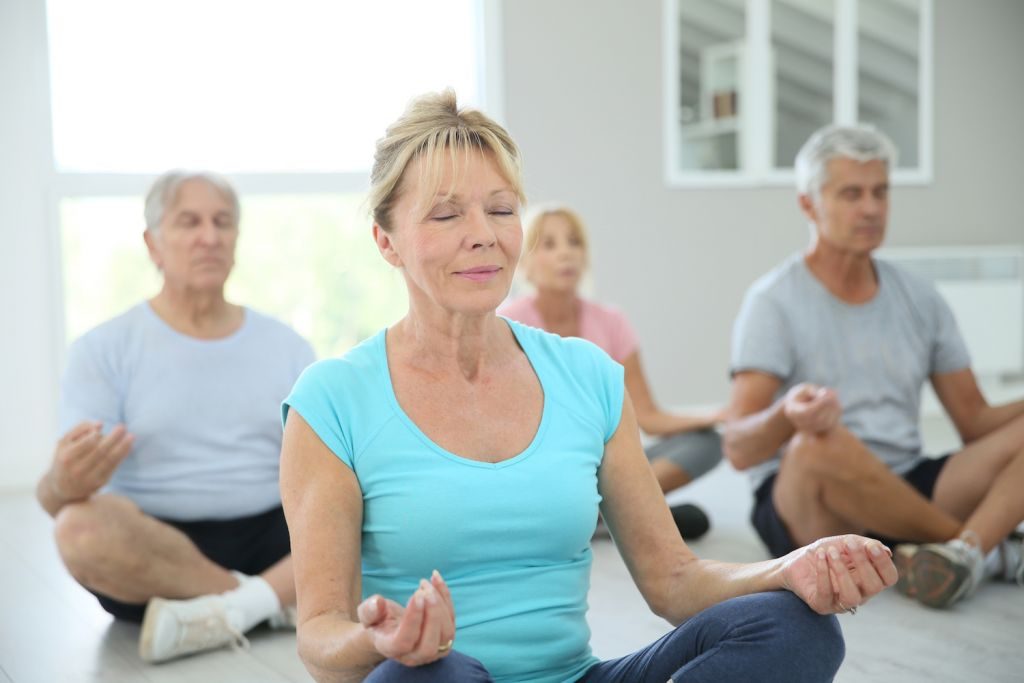
There are many other things everyone can do to help encourage healthy sleep:
- Exercise every day, but do it least three hours before bedtime, if not earlier. The increased adrenaline, body temperature, and heart rate can interfere with circadian rhythms.
- Take a warm bath or shower before bedtime. The drop in body temperature after you get out of the hot water may help you feel tired.
- Avoid alcohol three hours before bedtime. Alcohol reduces the amount of deep sleep and REM sleep and increases waking times. In addition, alcohol can exacerbate any symptoms of sleep apnea.
- Avoid drinking fluids before bed. A full bladder is more likely to wake you up between sleep cycles.
- Avoid caffeine if you can. If you can’t live without your morning coffee, limit it to right after after you wake up – caffeine stays in your system for up to 6 hours.
- Turn off electronics at least an hour before sleeping. The light quality from screens mimics the blue light from sunlight and tricks your brain into thinking it’s still daytime.
- Create a restful environment in your bedroom. A good rule of thumb is to reserve your bedroom for sleep. You can also try things like an ambient sound machine or aromatherapy in your room to help you drift off to dreamland.
